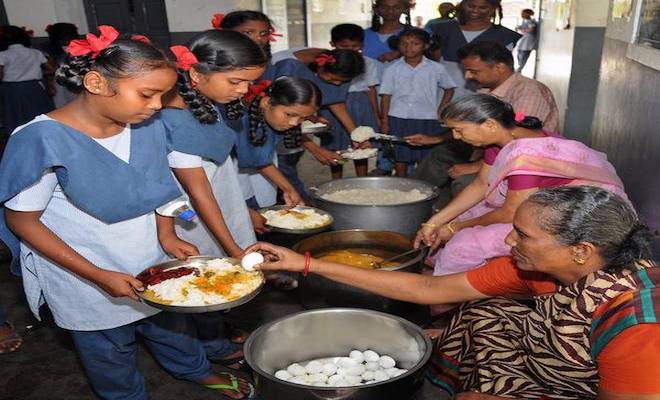Synergistic effect of GST in India
Digital Economy:
The entire mechanism of GST is done through computer based application, no need of papers. Only one official website is there for GST i.e.” www.gst.gov.in”. All the buyers – sellers, service providers – receivers and practitioners are using this website. Due to this, India is getting a paperless and transparent economy. So we can save our greenery and also be reduced the cash transactions.
Health Care Services:
GST has high impact on Indian health care services. GST is exempted in case of health care services if it will be provided by the hospitals, doctors’ clinic, nursing home, medical practitioners. This exemption provision is applicable to normal diagnostic including ambulance facility. But, GST is applicable for different costly treatment like plastic surgery, hair transplant, etc.3 So it may clear that the poor people is getting treatment at minimum cost whereas upper middle class and rich people are paying tax for different costly treatment. From the above pictures and discussion, it can say that GST regime thinks about financial matter of weaker section and categories different rates according to treatment.
Educational Services:
Nil rated GST is applicable in case of education provides to the students, staff, faculties and their transportation costs by an educational institution from pre-school to highersecondary or equivalent. Nil rated GST is also applicable in case of catering services of ‘mid-day meal’ scheme The above discussion and picture again can claim that there may be a synergistic effect of GST on social development in Indian education system. Hence the backward class of people may be interested to get primary to secondary education easily.
Necessary items like vegetables and fruits:
GST is exempted on fresh and unprocessed vegetables and fruits like potatoes, garlic, tomato, onions, carrot, mangoes, apples, bananas, pineapples, etc. Whereas in case of preserving, processed vegetables and fruits are attracted GST. Dry fruits, juice, jams, etc. are also attracted high rate of GST It has a synergistic impact on the social responsibility and social development in the economy of India. Especially, GST emphasises on the digital economy1, health care services, educational services, and also takes care about the daily consumption of the necessity & sensitive items Due to this tax regime, a large scale of poor people will be benefited in the society. Hence, government (govt.) can think about poverty free economy. This mechanism also creates job prospect in all the sectors of India. It also generates a good opportunity of employment in the hands of tax practitioners, professionals like CMAs, CSs, CAs and Commerce Graduates. This paper highlights different approaches of GST and also discusses the synergistic effect on social responsibility in India. So from the above pictures and discussion, it may consider that GST council has thought about the social responsibility in such a way that a low earning people can purchase vegetables and fruits for their daily life from open market so they will pay less. In other hands, many people often visits to shopping mall and purchased so many food items with an extra amount. Hence it may be a wise thinking to balance our society.
Employment opportunity:
Due to GST, large scales of employment opportunity are generated in India. Most of the companies are hiring people in the field of accounting & finance related to GST system. So lots of scopes have opened now a day in all the sectors.
Conclusion
From the above discussion, it may be concluded that after launching GST, India is growing from all aspects. GST is collected in huge amount in the hands of the State as well as Central.7.5 % will be the estimated economic growth in the fiscal year 2019-2020 . GST has a synergistic outcome for backward class of people, all types of employment opportunities, health care services, etc. In this way India will be turning up into a developed economy


